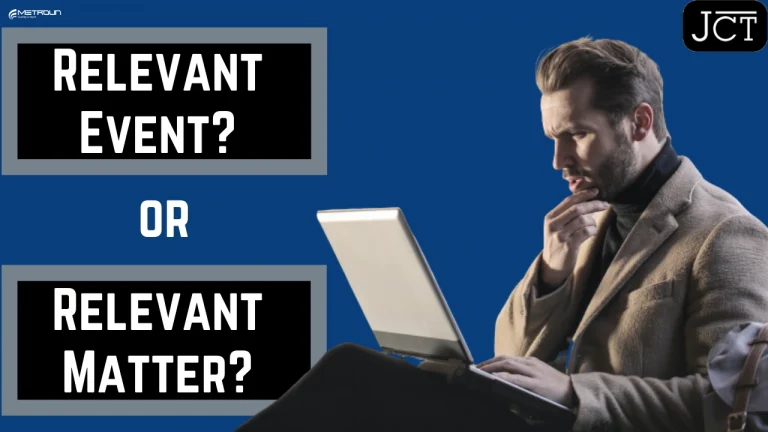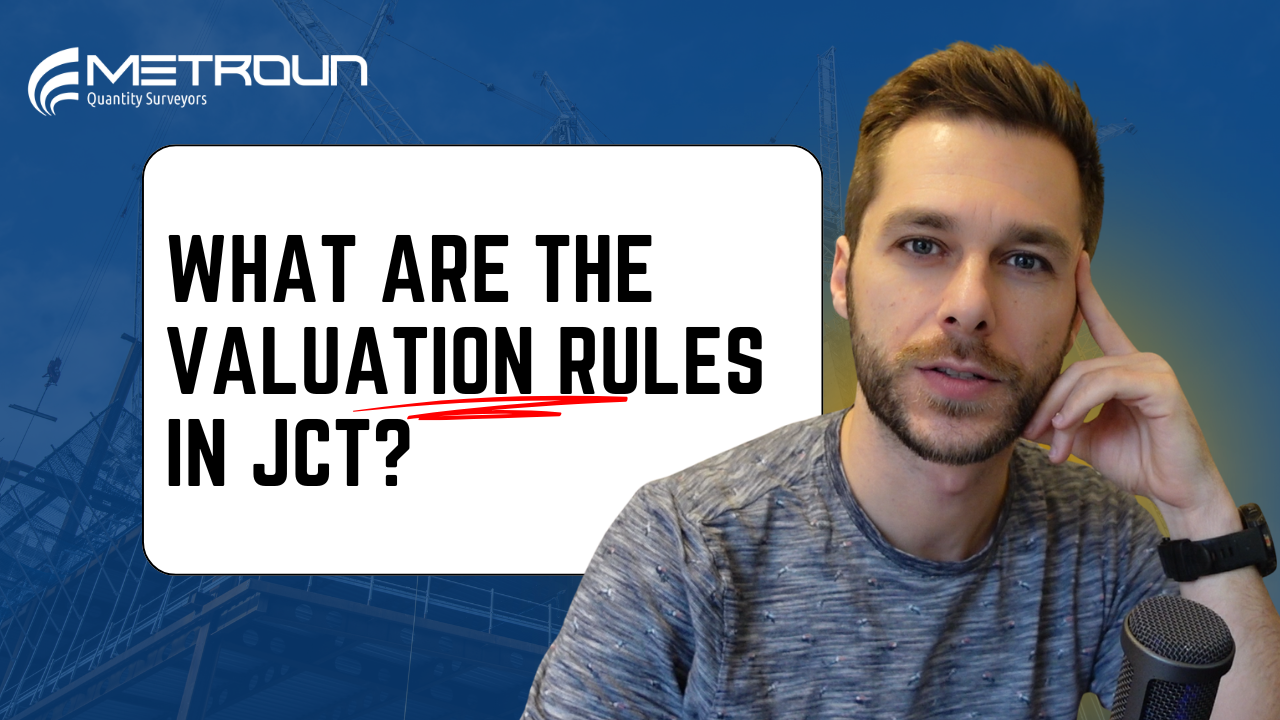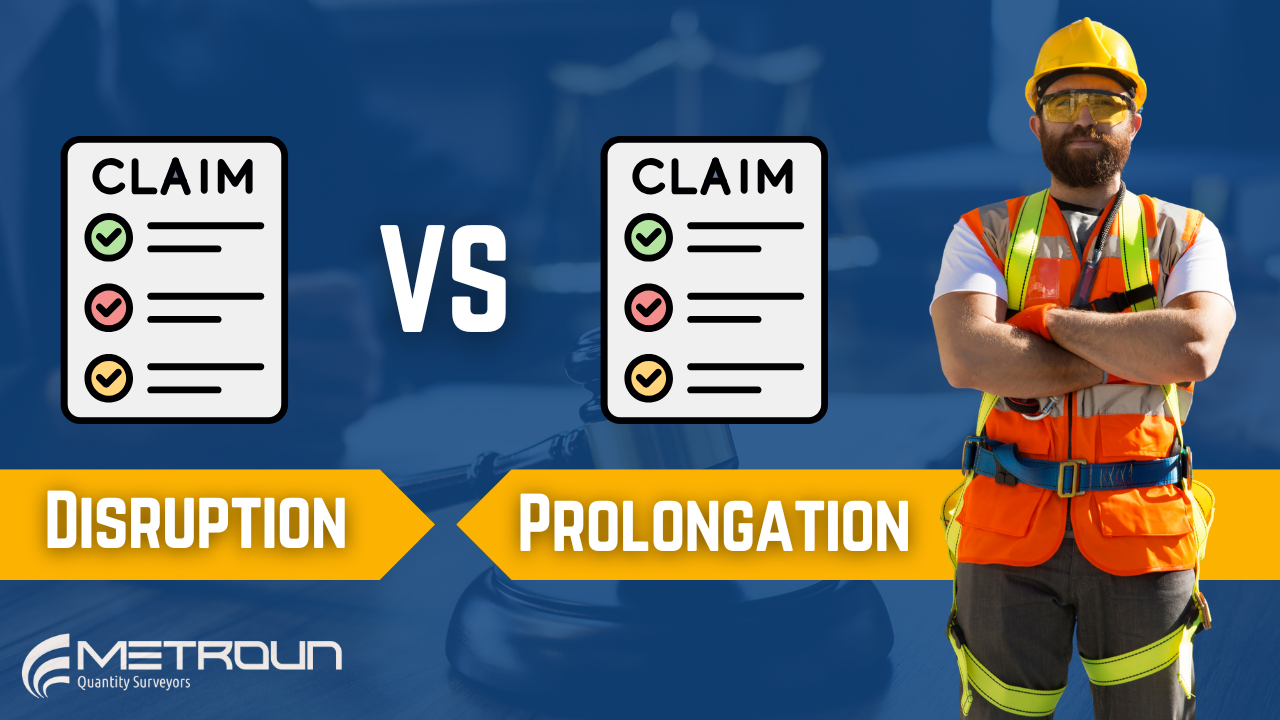The construction industry is full of jargon, and it can be especially confusing when it comes to construction contracts. One area that often trips people up is the difference between Relevant Matters and Relevant Events in JCT contracts.
At first glance, they may sound similar—but they have very different implications for contractors and clients. In this post, we’ll break them down and show you why understanding the difference is so important.
What Are Relevant Matters?
Relevant Matters are outlined in Clause 4.21 of the JCT contract.
In simple terms, a Relevant Matter is something the client is responsible for that affects the progress of the works. If this happens, the contractor may be entitled to claim for direct loss and/or expense.
Examples of Relevant Matters include:
- Failure to give the contractor possession of the site
- Failure to provide access to and from the site
- Delays in issuing instructions
- Opening up or testing works that turn out to be compliant
- Discrepancies in contract documents
- Disruption caused by works carried out by the client
- Client failing to supply goods or materials
- Instructions relating to variations and provisional sums
- Inaccurate forecasting of approximate quantities
- Issues relating to CDM (Construction Design and Management regulations)
In short: Relevant Matters = potential claims for money.
What Are Relevant Events?
Relevant Events are set out in Clause 2.26 of the JCT contract.
These are events that cause delays to the completion date, either because of the client or due to a neutral event outside both parties’ control. If a Relevant Event occurs, the contractor may be entitled to an extension of time.
Why is this important? Because applying for an extension of time helps contractors:
- Recover additional losses and expenses caused by delays
- Protect themselves from damages (liquidated damages) the client might try to impose
Examples of Relevant Events include:
- Variations to the works
- Exceptionally adverse weather
- Civil commotion or terrorism
- Delays caused by nominated subcontractors
- Statutory undertakers’ works (e.g., utility providers)
- Failure by the client to provide information
- Force majeure (e.g., war, epidemic)
- Floods or other specified perils
- National strikes
- Changes in statutory requirements
- Delays in receiving permissions despite reasonable steps taken
- Delays in possession of the site (when not the contractor’s fault)
So, to keep it simple: Relevant Events = claims for more time.
Can They Happen at the Same Time?
Yes—sometimes a Relevant Event and a Relevant Matter can overlap.
For example:
If the client fails to supply materials on time, this could both:
- Delay the programme (Relevant Event → claim for extension of time)
- Cause the contractor additional costs (Relevant Matter → claim for loss and expense)
This is why it’s so important to understand both terms clearly.
JCT vs NEC: A Quick Comparison
While JCT splits these issues into Relevant Matters (money) and Relevant Events (time), NEC contracts take a simpler approach. Under NEC, these are both dealt with under a single heading: Compensation Events.
We’ve also covered Compensation Events in a dedicated video—check it out in the link below.
Final Thoughts
To summarise:
- Relevant Matters = money (direct loss/expense)
- Relevant Events = time (extension of time)
Mixing them up can cost you, so always be clear about what you’re claiming for and why.










